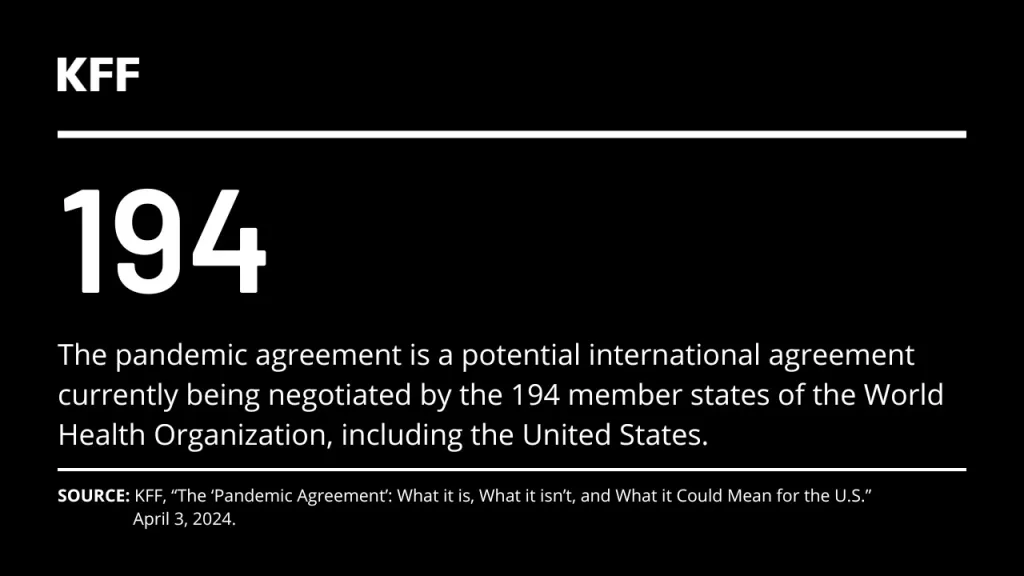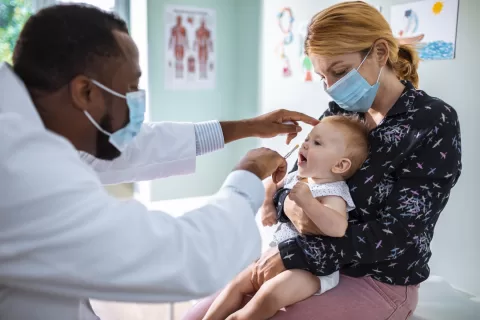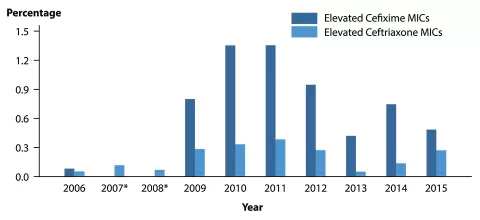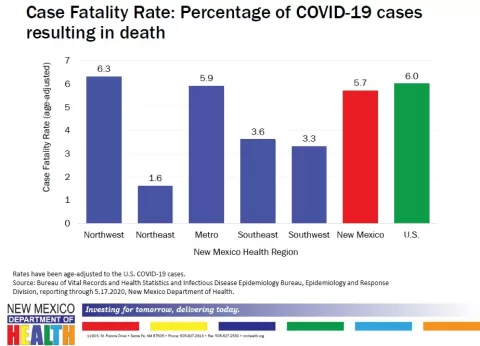The recently adopted Pandemic Agreement represents a pivotal moment in global health governance, aiming to enhance future responses to health crises. This landmark framework, endorsed by the World Health Assembly (WHA), seeks to establish health equity and improve pandemic preparedness across nations, while also ensuring a robust global pandemic response. By increasing funding for the World Health Organization (WHO), the agreement allows for a more coordinated approach to tackling pandemics. It emphasizes the importance of equitable access to health products, especially for vulnerable populations. As the world faces ongoing health challenges, the Pandemic Agreement provides a critical blueprint for international cooperation and preparedness.
In light of the newly established Pandemic Accord, the global community is poised to redefine its approach to health emergencies. This transformative agreement sets the stage for enhanced collaboration among nations, intended to bolster health equity and optimize pandemic readiness. By facilitating an increase in support for the World Health Organization’s initiatives, this framework is designed to strengthen the global health response to future crises. Emphasizing shared responsibility and resource distribution, the accord aims to rectify past inequities in health access and outcomes. Ultimately, this initiative calls for renewed commitment to collective health security and preparedness on a worldwide scale.
Understanding the Significance of the Pandemic Agreement
The recent adoption of the Pandemic Agreement by the World Health Assembly (WHA) marks a pivotal moment in global health governance. This agreement is the culmination of extensive negotiations aimed at enhancing pandemic preparedness and response. As a product of three years of deliberation, the agreement seeks to establish frameworks that support health equity and ensure access to crucial health products during crises. Moreover, it reinforces the need for nations to come together to address the shared challenges posed by infectious diseases, underscoring the importance of cooperation in an increasingly interconnected world.
In today’s complex geopolitical landscape, the Pandemic Agreement stands out as a historic commitment to collaborative action against future pandemics. By clarifying that the World Health Organization (WHO) will not impose mandates on national governance, it aims to foster a spirit of cooperation while respecting sovereign rights. The agreement’s focus on equitable access to life-saving resources reflects a broader understanding of health equity, recognizing that effective pandemic response requires addressing disparities in health access between countries and communities.
Global Pandemic Response: Lessons from COVID-19
The COVID-19 pandemic revealed significant gaps in global pandemic preparedness, highlighting the necessity of implementing robust systems for future outbreaks. The Pandemic Agreement is viewed as a critical step toward addressing these gaps and preventing the inequities that plagued the response during the COVID crisis. It aims to provide a more cohesive framework that prioritizes not just rapid response but also long-term strategic planning for health emergencies through coordinated international efforts.
Key to the success of the Pandemic Agreement is the involvement of all member states in improving global health security. The agreement emphasizes the importance of sustained investment in public health infrastructure and the development of global supply chains for vaccines and treatments. By facilitating technology sharing and resource distribution, the agreement seeks to ensure that any response to future pandemics is equitable, thus learning from the challenges faced during the COVID-19 pandemic.
The Role of WHO Funding in Enhancing Health Equity
An essential element of the Pandemic Agreement is the commitment to enhance WHO funding, which is critical for supporting global health initiatives. The WHA’s approval of a 20% increase in assessed contributions demonstrates a collective acknowledgment of the need for increased investment in health systems across member states. This funding will enable the WHO to strengthen its capacity to respond to health emergencies and promote health equity by ensuring that even the most vulnerable populations have access to necessary resources during pandemics.
As we look forward, it is imperative that the additional funds are used effectively to build a resilient health infrastructure capable of tackling future health crises. The emphasis on equitable access to vaccines and treatments will rely significantly on how these financial resources are allocated. By prioritizing health equity in funding decisions, countries can ensure that the lessons learned from the COVID-19 pandemic are not forgotten, paving the way for a more inclusive approach to global health.
Future Steps for Pandemic Preparedness
Following the adoption of the Pandemic Agreement, the next crucial phase involves the establishment of a Pathogen Access and Benefit Sharing (PABS) system. This initiative is aimed at facilitating fair access to biomedical advancements, ensuring that all nations, regardless of their wealth, can benefit from scientific progress during health emergencies. The proposed PABS system will require cooperation among member states and stakeholders to create an effective infrastructure for sharing vaccines and treatments promptly.
Moreover, the commitment to develop a financing mechanism for pandemic preparedness emphasizes the need for sustainable investment in health systems. This type of forward-looking financing strategy is essential to bolster not only national capacities but also global preparedness, thereby enhancing collective resilience against future pandemics. The World Health Assembly’s emphasis on health equity throughout these efforts will ensure that differences in health outcomes are addressed, ultimately leading to a more balanced global health landscape.
International Collaboration and Political Will
The successful implementation of the Pandemic Agreement hinges on international collaboration and the political will of member states. The geopolitical tensions influencing global health dynamics cannot be overlooked, as they may impact nations’ willingness to cooperate on shared public health goals. Achieving the targets outlined in the agreement will require robust dialogue and commitment from all stakeholders involved.
Political leaders must prioritize global health as a critical aspect of their agendas, recognizing that health security transcends national borders. The Pandemic Agreement provides a platform for fostering diplomatic relations centered on health equity and shared responsibility. By building strong alliances, countries can navigate the complexities of global health challenges, ensuring a unified response to any future pandemics.
The Impact of Member States’ Actions on the Pandemic Agreement
The role of member states in shaping the effectiveness of the Pandemic Agreement is crucial. While the WHA’s support reflects a positive consensus on the importance of enhancing global health governance, the degree to which each state commits to the agreement will ultimately determine its success. The initial votes show strong support, but countries must translate this into action by dedicating resources and implementing the recommended systems for pandemic preparedness and equitable health access.
Countries must also take into account the lessons learned from past health emergencies, particularly concerning the inequalities faced during the COVID-19 pandemic. As highlighted by health experts, the transformation of some crucial aspects of the Pandemic Agreement into mere suggestions may hinder its practical application. Therefore, it is vital for member states to maintain consistency in their commitments and actively engage in processes that uphold the integrity of the agreement.
The Intersection of Health Equity and Pandemic Preparedness
The integration of health equity principles into the frameworks outlined by the Pandemic Agreement signifies a notable shift towards a more inclusive approach in global health policy. Health equity ensures that everyone, regardless of their socioeconomic status, has access to necessary health resources, especially during pandemics when vulnerabilities are amplified. This commitment will require structured policies aimed at reducing disparities and enhancing health outcomes for marginalized groups.
To achieve true health equity, member states must collaborate with organizations like the WHO to implement strategies that address systemic inequalities in health access. By prioritizing health equity as a cornerstone of pandemic preparedness, the global community can work towards a more just and effective health response, ultimately saving lives and fostering resilience in the face of future challenges.
Monitoring and Accountability in Global Health Initiatives
Effective monitoring and accountability mechanisms are vital to ensuring the successful implementation of the Pandemic Agreement and its associated goals. Countries must establish transparent guidelines for evaluating the impact of their contributions towards health equity and pandemic preparedness. Such mechanisms will not only enable the assessment of progress but also foster enhanced collaboration among nations by sharing best practices and identifying challenges.
Additionally, robust accountability measures will ensure that commitments made under the Pandemic Agreement are upheld. This entails regular reporting from member states regarding their contributions to WHO funding and the implementation of health equity initiatives. By holding nations accountable for their actions, the global health community can work together to ensure that the lessons learned from previous pandemics translate into meaningful changes in public health policies.
Public Health Leadership and Trust in Global Health Institutions
Public trust in health leadership is a critical factor influencing the effectiveness of global health initiatives such as the Pandemic Agreement. As evidenced by recent trends, fluctuations in public confidence can significantly impact community response to health policies, particularly in times of crisis. Rebuilding this trust will require transparent communication and the involvement of diverse stakeholders in decision-making processes, including local communities, health experts, and policymakers.
Furthermore, health leaders must acknowledge and address concerns raised by citizens regarding health governance, particularly in light of the criticisms surrounding the WHO’s previous management strategies. Crafting a narrative that emphasizes collaboration, equity, and accountability can help restore trust in global health institutions. When communities feel heard and valued in the decision-making process, they are more likely to engage positively with health initiatives and adhere to necessary public health measures.
Frequently Asked Questions
What is the Pandemic Agreement adopted by the World Health Assembly?
The Pandemic Agreement, adopted by the World Health Assembly (WHA), is a landmark framework aimed at enhancing global pandemic preparedness and ensuring equitable access to pandemic-related health products. It provides a structured response to future health emergencies, focusing on lessons learned from past pandemics.
How does the Pandemic Agreement contribute to global health equity?
The Pandemic Agreement promotes health equity by establishing systems for fair access to life-saving health products during pandemics. Its key components include provisions for benefit sharing and equitable distribution of vaccines, diagnostics, and treatments, addressing the disparities witnessed during past health crises.
What are the expected impacts of the Pandemic Agreement on WHO funding?
The adoption of the Pandemic Agreement comes with a 20% increase in assessed contributions to the World Health Organization (WHO), supporting its budget for 2026-27. This funding is crucial for implementing pandemic response strategies and enhancing global health security.
What mechanisms are included in the Pandemic Agreement for future pandemics?
The Pandemic Agreement includes mechanisms for a Pathogen Access and Benefit Sharing (PABS) system, which aims to facilitate technology sharing and rapid access to pandemic-related medical products. Additionally, it outlines steps for establishing a global financing mechanism for pandemic preparedness and response.
Why is the Pandemic Agreement considered a once-in-a-lifetime opportunity for pandemic preparedness?
The Pandemic Agreement is hailed as a once-in-a-lifetime opportunity due to its framework that aims to prevent the inequities experienced during past pandemics. Its implementation requires strong political commitment and international collaboration to ensure that future generations are better protected during health emergencies.
How does the Pandemic Agreement affect national laws regarding health emergencies?
The Pandemic Agreement clarifies that it does not grant the WHO the authority to dictate national laws or impose mandates, such as travel bans or vaccination requirements. Instead, it promotes cooperation among member states to establish a cohesive approach to public health during pandemics.
What steps follow the adoption of the Pandemic Agreement by WHA?
Following the adoption of the Pandemic Agreement, the Intergovernmental Working Group (IGWG) will draft and negotiate the Pathogen Access and Benefit Sharing (PABS) system. Additionally, the establishment of a financing mechanism and a global supply chain for pandemic response will be initiated.
What challenges does the Pandemic Agreement face in terms of implementation?
While the Pandemic Agreement has been adopted, its implementation is contingent on the commitment of member states to uphold and enforce its provisions. There are concerns regarding the diluted requirements in the agreement that may affect its overall impact on global pandemic preparedness.
How does the Pandemic Agreement build on lessons from COVID-19 and other epidemics?
The Pandemic Agreement builds on lessons learned from the COVID-19 pandemic and previous health crises by establishing a framework that emphasizes equitable access to health resources, improved coordination among nations, and mechanisms to address and prevent inequities in healthcare during future pandemics.
| Key Points | Details |
|---|---|
| Adoption of Pandemic Agreement | The World Health Assembly adopted the Pandemic Agreement to improve global pandemic preparedness and response. |
| Voting Results | The agreement passed with 124 votes in favor, none against, and 11 abstentions. |
| Key Components | The agreement emphasizes equitable access to pandemic-related health products without imposing mandates. |
| Importance of Implementation | Leaders must implement the agreement’s components to improve global pandemic response. |
| Next Steps | Drafting a Pathogen Access and Benefit Sharing system and establishing a financing mechanism for pandemic preparedness. |
| Increase in WHO Contributions | Member states approved a 20% increase in contributions to the WHO for 2026-27 despite financial challenges. |
Summary
The recent adoption of the Pandemic Agreement signifies a crucial step towards global health security. This agreement lays the foundation for enhanced cooperation and preparedness in the face of future pandemics, ensuring that nations are better equipped to respond effectively and equitably. As the world focuses on the lessons learned from past health crises, the Pandemic Agreement emerges as an essential tool for fostering collaboration across countries, addressing inequities, and implementing robust health systems.
The content provided on this blog (e.g., symptom descriptions, health tips, or general advice) is for informational purposes only and is not a substitute for professional medical advice, diagnosis, or treatment. Always seek the guidance of your physician or other qualified healthcare provider with any questions you may have regarding a medical condition. Never disregard professional medical advice or delay seeking it because of something you have read on this website. If you believe you may have a medical emergency, call your doctor or emergency services immediately. Reliance on any information provided by this blog is solely at your own risk.








